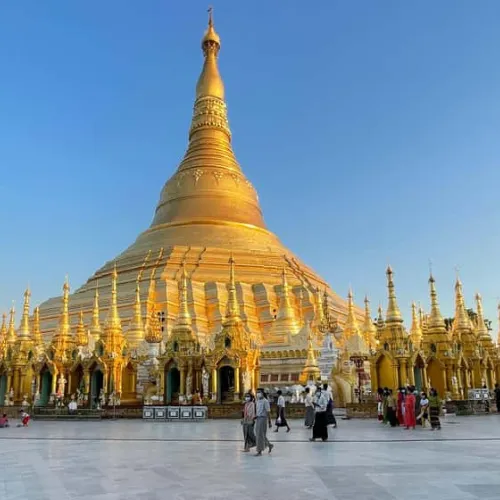Bangkok Travel Advice
As long as you keep your wits about you, you shouldn’t encounter much trouble in Thailand. Pickpocketing and bag-snatching are two of the main problems, but the most common cause for concern is the number of con-artists who dupe gullible tourists into parting with their cash.
Personal safety
On any bus, private or government, and on any train journey, never keep anything of value in luggage that is stored out of your sight and be wary of accepting food and drink from fellow passengers as it may be drugged.
Drinks can also be spiked in bars and clubs; at full moon parties on Ko Pha Ngan this has led to sexual assaults against farang women, while prostitutes sometimes spike drinks so they can steal from their victim’s room.
Gay and lesbian Bangkok
Buddhist tolerance and a national abhorrence of confrontation and victimisation combine to make Thai society relatively tolerant of homosexuality, if not exactly positive about same-sex relationships.
Although excessively physical displays of affection are frowned upon for both hetero-sexuals and homosexuals, Western gay couples should get no hassle about being seen together in public.
Thailand’s gay scene is mainly focused on mainstream venues like karaoke bars, restaurants, massage parlours, gyms, saunas and escort agencies. The bars, clubs and café-restaurants located around the east end of Thanon Silom and especially in the narrow alleys of Soi 2 and Soi 4, are the most notable of Bangkok’s gay nightlife venues.
Thailand’s sex industry
More than a thousand sex-related businesses operate in the city, but the gaudy neon fleshpots of Patpong and Sukhumvit’s Soi Nana and Soi Cowboy give a misleading impression of an activity that is deeply rooted in Thai culture. The overwhelming majority of Thailand’s prostitutes of both sexes (estimated at anywhere up to 700,000) work with Thai men, not farangs (Europeans).
The farang sex industry in Bangkok is a relatively new development, having started during the Vietnam War, when the American military set up seven bases around Thailand. Sex tourism has since grown to become an established part of the Thai economy.
Despite its ubiquity, prostitution has been illegal in Thailand since 1960, but sex-industry bosses easily circumvent the law by registering their establishments as clubs, karaoke bars or massage parlours, and making payoffs.
Inevitably, child prostitution is a significant issue in Thailand, but NGOs such as ECPAT say numbers have declined over the last decade, due to zero-tolerance and awareness campaigns.




